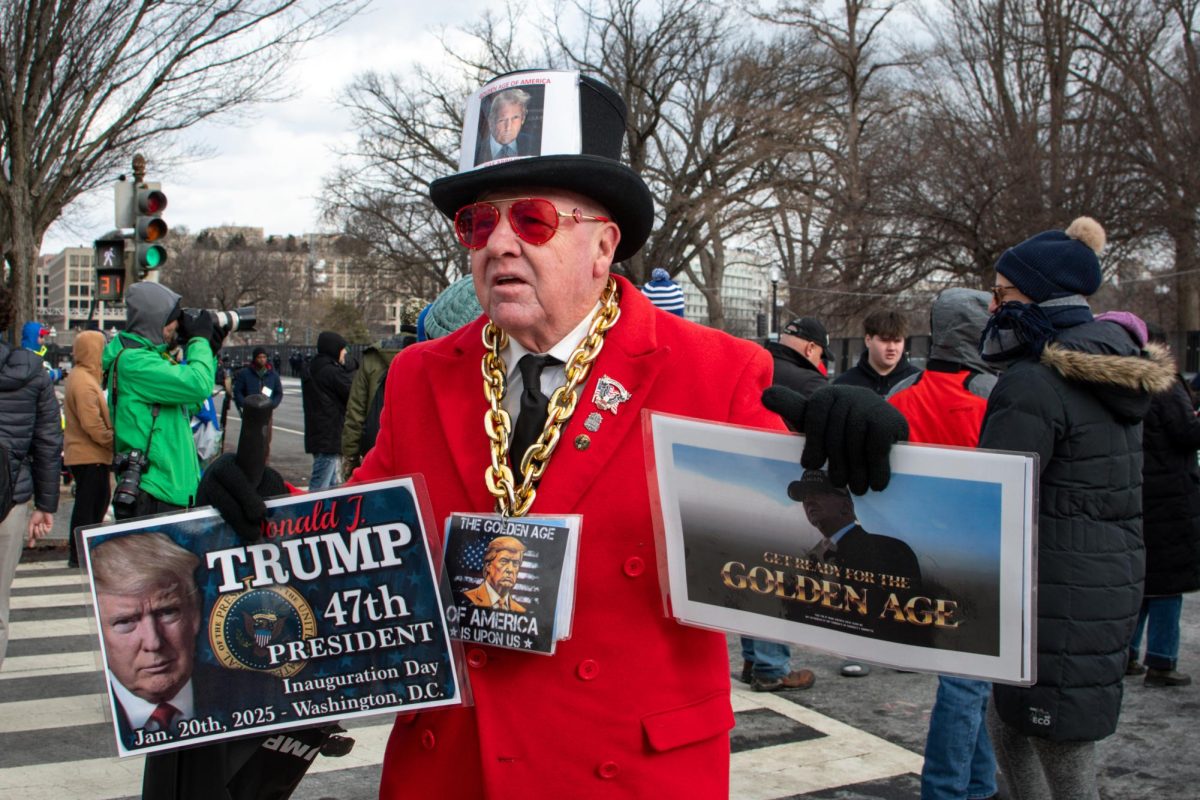About 15 percent of GW students pursue a double major, a growing trend nationwide, but several administrators say the practice has few benefits after college.
The number of students double majoring in America has risen 85 percent in the past 10 years, according to statistics reported by the Los Angeles Times in June. Cheryl Beil, assistant vice president for Academic Planning and Institutional Research, said these figures have been relatively stable at GW.
“The number of students double majoring increased between 2003 and 2004 and has remained constant since then,” Beil said. “Thus, I think the phenomenon may have reached its plateau.”
Beil said outside pressures like parents might be behind a student’s decision to double major, but ultimately, it does little to help a student’s career prospects.
“Some (students) think it makes them more marketable,” she said. “But I don’t know if that is true.”
Steven Kelts, a Columbian College of Arts and Sciences adviser, said he “consistently and forcefully” advises students to reconsider double majoring because there are very limited circumstances where it makes sense for a student.
“The job advantages are far less than you’d think,” Kelts said. “After your first job, no one – and I mean no one – is going to ask you what you majored in college, unless it’s just to make casual conversation.”
Career Center officials said they have not seen any indication that double majors give students a boost in their resumes.
“If someone has a double major we just look at it like they have another skill set,” said Jeff Pagley, communications director of the Career Center. “We don’t know of any particular instances of students getting a particular advantage.”
Sophomore Carl Fisher said double majoring is a good way to supplement his studies.
“My first major will be for advantages in my career,” Fisher said of his studies in economics. “My history degree is more so going to provide better insight into human relations.”






